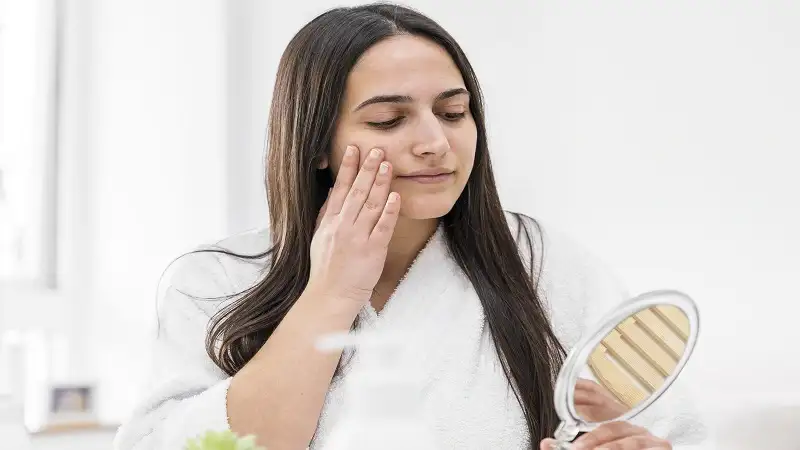Acne is a common skin condition that affects millions of people all over the world. It can be frustrating, embarrassing, and even painful at times. However, with the right knowledge and approach, achieving clear and healthy skin is certainly possible.
In this blog post, we will discuss everything you need to know about acne-prone skin care, from understanding the causes of acne to effective treatments and prevention methods. So let’s dive in!
Understanding Acne
Acne is a chronic inflammatory skin condition that occurs when hair follicles become clogged with oil and dead skin cells. It can manifest in different forms such as blackheads, whiteheads, pimples, and cysts. Acne is most commonly found on the face, but it can also appear on the neck, chest, back, and shoulders.
Several factors can contribute to the development of acne, including hormonal imbalances, genetics, stress, diet, and lifestyle choices. It is important to understand these underlying causes to effectively treat and prevent acne.
Developing a Skincare Routine
The first step in taking care of acne-prone skin is to establish a consistent skincare routine. This includes cleansing, toning, and moisturizing the skin twice a day, morning and night. When choosing products for your routine, look for gentle, non-comedogenic (non-pore clogging) formulas that are specifically made for acne-prone skin.
Cleansing is an essential step in removing excess oil, dirt, and dead skin cells from the surface of the skin. Make sure to use a gentle cleanser that does not strip the skin of its natural oils. Toners can help balance the pH level of the skin and reduce inflammation. Look for toners with ingredients such as salicylic acid or witch hazel.
Moisturizing is also crucial for acne-prone skin. Contrary to popular belief, even oily skin needs hydration. Look for lightweight, oil-free moisturizers that won’t clog pores. It’s also important to use sunscreen with at least SPF 30 every day to protect your skin from harmful UV rays.
Treating Acne
When it comes to treating acne, there are several options available. The most common and effective treatments include topical creams, oral medications, and in-office procedures.
Topical creams typically contain ingredients such as benzoyl peroxide, salicylic acid, or retinoids. These help to unclog pores, reduce inflammation, and kill bacteria on the skin’s surface. Oral medications, such as antibiotics or birth control pills, work by targeting the underlying causes of acne.
In-office procedures like chemical peelsand laser therapy can also be beneficial in treating acne. These procedures help to exfoliate the skin, reduce oil production, and kill bacteria on a deeper level. It’s important to consult with a dermatologist to determine which treatment option is best for your specific skin type and severity of acne.
Prevention Methods
Prevention is key when it comes to managing acne-prone skin. Here are some simple steps you can take to prevent breakouts:
- Keep your hands off your face: Touching your face excessively can transfer bacteria and dirt onto the skin, leading to breakouts.
- Wash your pillowcases and towels regularly: These items can harbor bacteria and oil, which can cause breakouts.
- Avoid using heavy makeup: Heavy, pore-clogging makeup can exacerbate acne. Opt for lightweight, non-comedogenic products instead.
- Eat a balanced diet and stay hydrated: Eating a healthy, well-balanced diet and drinking plenty of water can help keep your skin clear from the inside out.
- Manage stress: High levels of stress can trigger hormonal imbalances, leading to breakouts. Find ways to manage your stress and practice self-care.
In Conclusion
Taking good care of your skin can make a huge difference, especially if you have acne-prone skin. By following a consistent skincare routine that works for you, you can achieve clear and healthy skin. If you’re still struggling, don’t hesitate to seek help from a professional.
If you’re interested in becoming a skincare professional yourself, consider looking into esthetician programs in West Jordan. These programs can provide you with the knowledge and skills needed to help others achieve the skin they desire. With a little patience and dedication, you can be on your way to healthy, glowing skin or a rewarding career in skincare.
